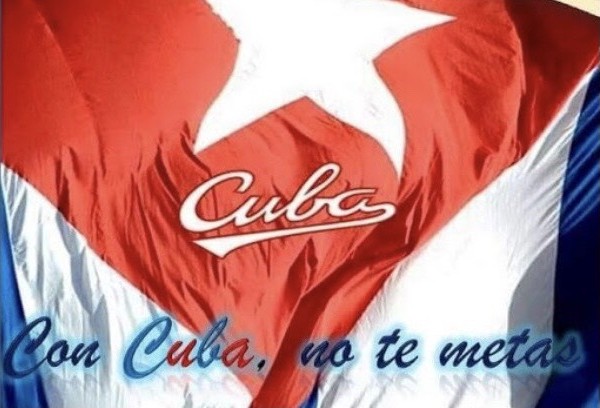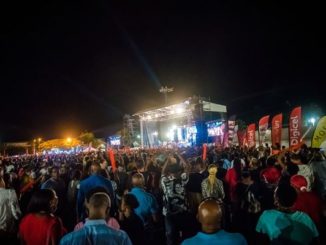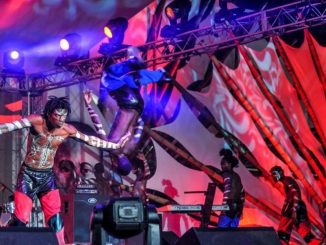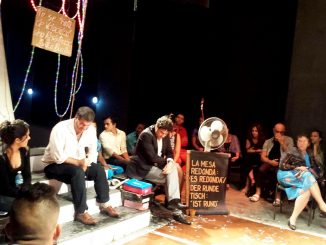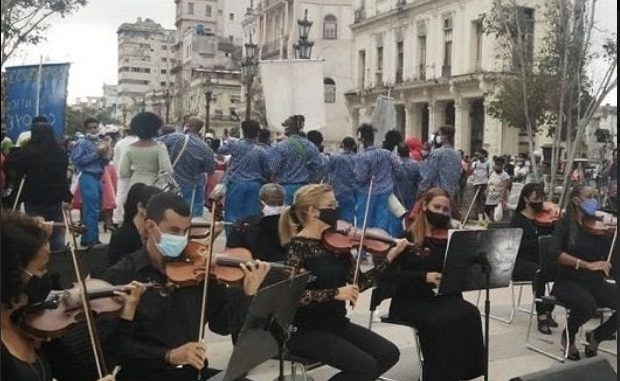
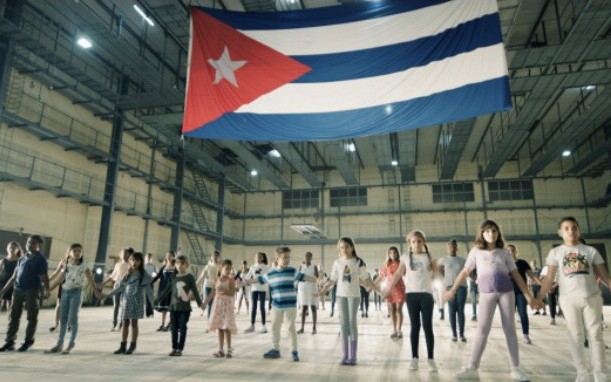
2020 was a difficult year for the whole world. The restrictions imposed by the pandemic led to the development of new dynamics in almost every area of life. The world of culture was not exempt. However, lockdown did not put an end to creative and artistic processes.
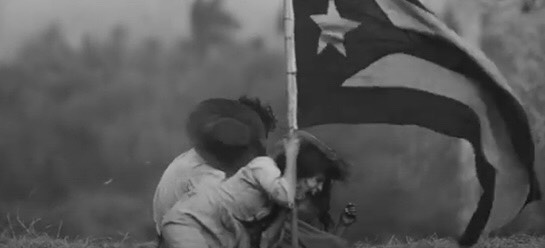
In Cuba, for example, the institutional position took on the challenge of maintaining cultural life during 2020 in the midst of the pandemic.
According to the assessment of the Cuban Minister of Culture, Alpidio Alonso Grau, “2020 was an extraordinary year in many ways, but far from being discouraged, the Cuban artistic movement developed” (…) “I think Covid-19 brought out the best in our people. A wave of extraordinary creativity was unleashed. Culture moved from one stage to another. We moved to social networks, to the virtual world”, he said.
It was a year in which, the leader says, cultural practices adapted to new audiences, old work patterns were broken, work concepts changed and new ways of doing things were implemented.
“We worked from the cultural development programme and the economic development strategy”, the mandate holder said.
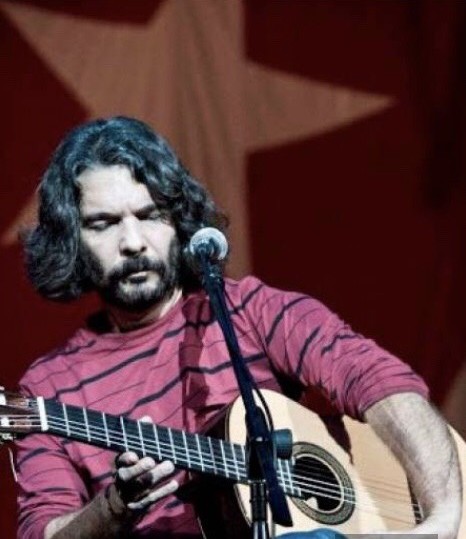
Funding for artistic projects
On the Caribbean island, culture is subsidized by the government, which is why the policy of financing artistic projects is positioned as a measure of protection for artists.
In 2020, the Cuban Ministry of Culture provided funding to 112 projects. At the same time, two calls for projects were made by the Cuban Film Development Fund, to which 128 projects were submitted and 23 were rewarded in the first call, and the same number in the second.
More than 200 streaming concerts, 112 video clips, six documentaries, 568 teleclasses and more than 700 capsules with public service messages were also financed by other means. A total of more than 1 500 audiovisuals during 2020.
According to Alonso Grau, the creation of audiovisual materials on patriotic themes, linked to Cuba’s history and best traditions, was strengthened.
On the other hand, he added, “we continue to work on investments”. Among the works planned in the investment plan are the headquarters of the National Ballet of Cuba and a new reading room for children and young people in the José Martí National Library, which will name after Cuban writer Eliseo Diego.
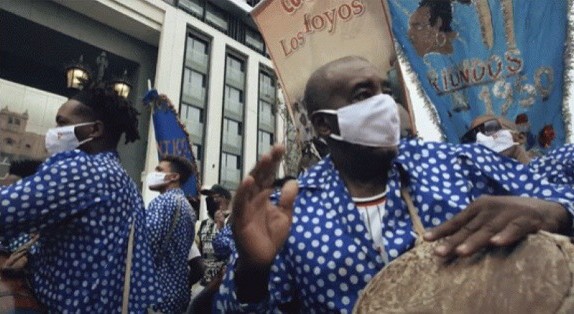
Salary protection
The Cuban Ministry of Culture intends to carry out several multimedia projects in 2021.
According to the official’s explanation, it is planned to create a web TV, which should be launched soon, with eight hours of daily broadcasting.
In addition, an information document will be published with thousands of films, animated films, concerts, records, digital books, which will be given to public libraries, art schools and various cultural institutions in the country.
It is also expected that publishing houses, including Cubaliteraria, will grow in terms of ebook production.
On the other hand, he highlighted the fact that, to date, more than 21,000 professional musicians in the sector and some 6,000 performing artists received wage protection, as state aid before these new working conditions.
“By protecting the salaries of those who work in the budgeted sector and those who work for the market, we are protecting both the most contemporary, the most inquisitive and the most popular”, said the deputy minister of the sector, Fernando Rojas.
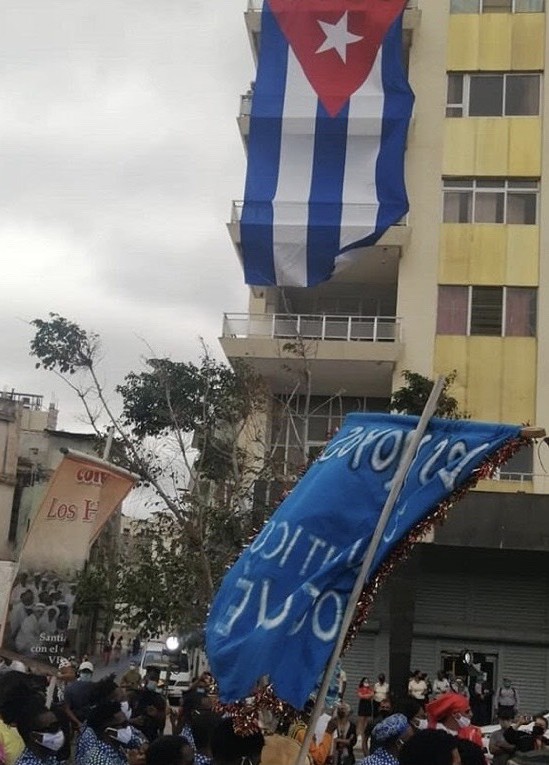
Multimedia wagering and major events
In this regard, Rojas reviewed some of the main events that took place in 2020 : “We were able to hold the Havana International Book Fair, dedicated to Vietnam. Then in March, we had to begin to reconvert to these exercises through digital means, and so for example, we participated in a group of activities organised by Unesco and other international organisations”.
To this were added other artistic events such as the Concert for Cuba, organized by the Cuban Music Institute and the Hot House of Chicago, and the virtual editions of the book fairs in various countries, where Cuba participated in different digital spaces.
Casa de las Américas was also able to pay tribute, in alternative ways, to figures such as writers Roberto Fernández Retamar and Eduardo Galeano.
Activities were carried out during the summer and the Day for Cuban Culture, while maintaining sanitary standards and physical distancing, which also allowed the presentation of the national awards in different artistic events.
The current epidemiological situation on the island also makes it impossible to organize live events either, so festivals, meetings, concerts and conferences continue to take place online, a different way of interacting with the public but that allows the survival of the movement and the creativity of the artists.
